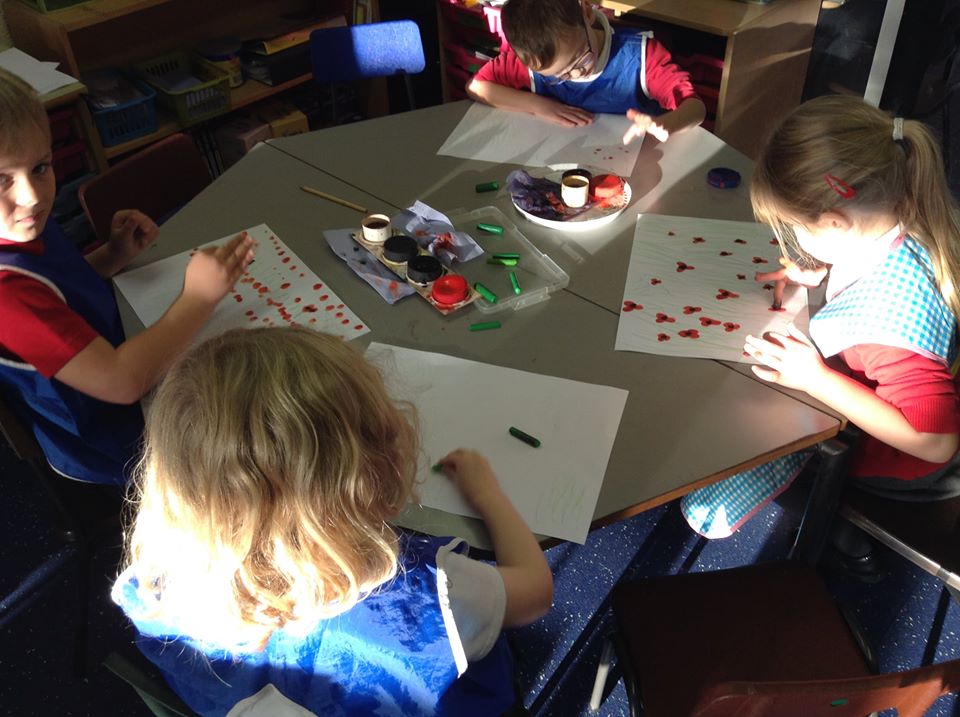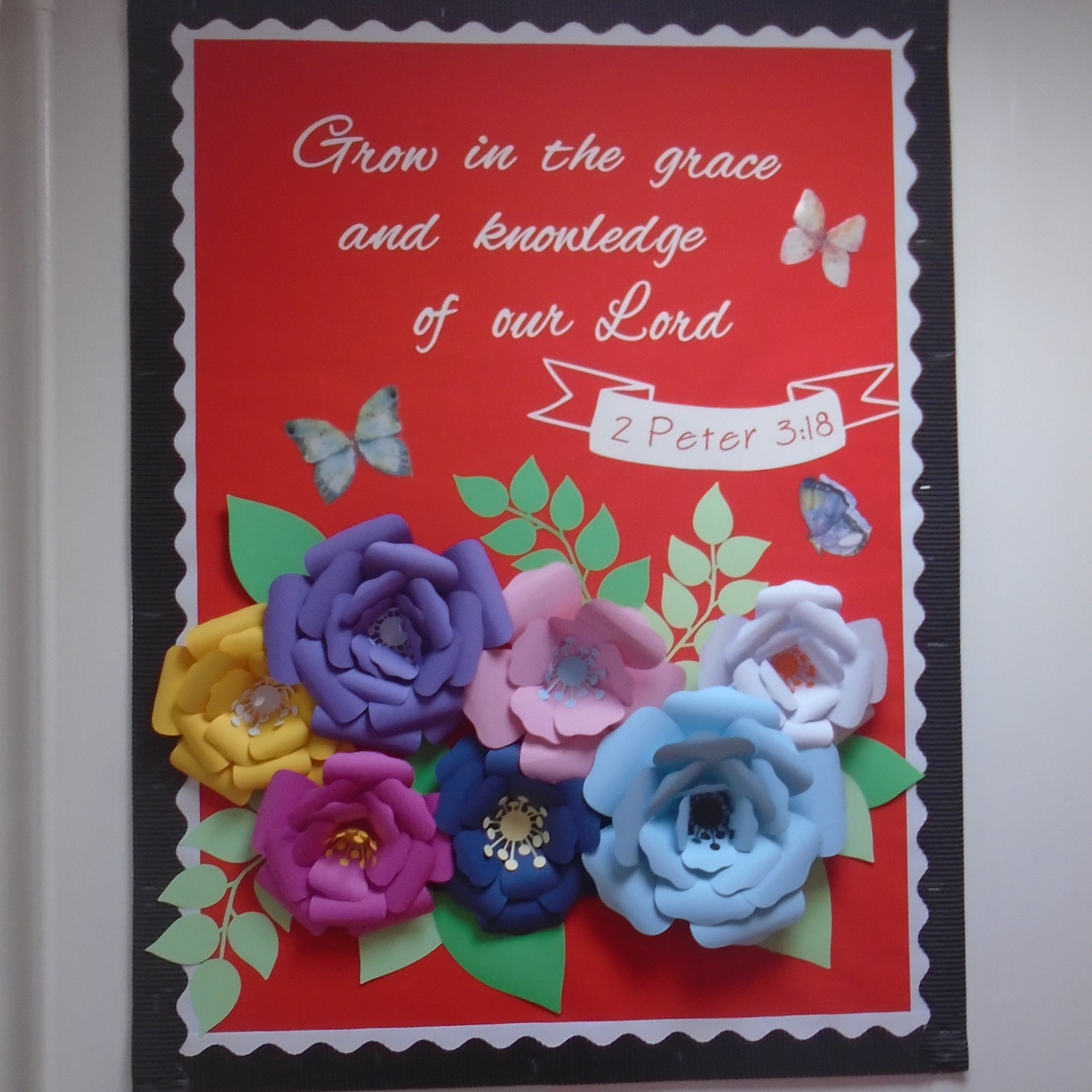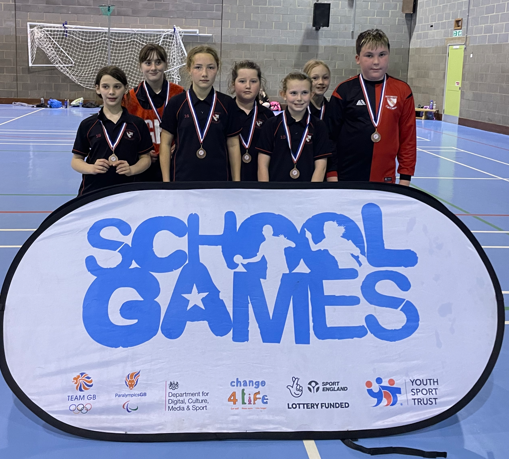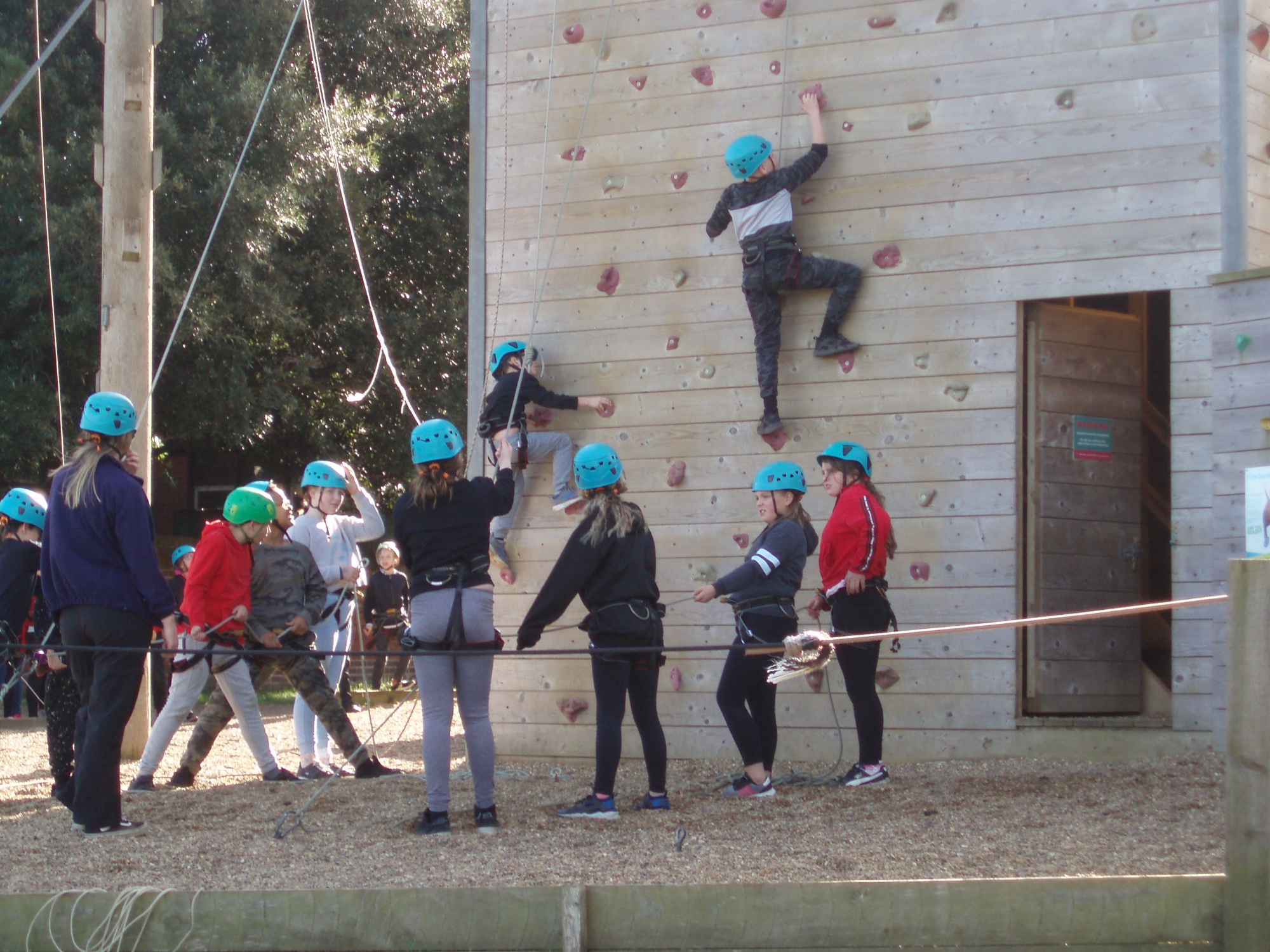Reading
At Butterwick, we strongly believe that reading underpins everything. Reading for pleasure can benefit a child’s education, social and cognitive development, their wellbeing, and their mental health.
'The more that you read, the more things you will know. The more that you learn, the more places you'll go!' Dr. Seuss.
 Bug Club
Bug Club
The reading scheme we follow here at Butterwick is 'Bug Club'. This finely-levelled scheme provides children with access to over 500 books allocated to them by their teachers, promoting manageable steps in reading progression. There is an enormous range of fiction, non-fiction and poetry, offering variety to keep children engaged and develop a love of reading.


A great advantage to this particular scheme is that it also opens up to an entire world of online reading. Each book can be allocated in the form of 'eBooks' which allows children to access these texts on any device. In addition to this, there are fun quizzes, games and rewards to celebrate their success and this acts as a great assessment tool for teachers to track their progress too! Here is an example of what your child's log in screen will look like. On their page, there is also a special area for grown-ups to support parents if needed too.

We ask that you encourage your child to read at home with you on a daily basis, regardless of their year group. Reading aloud and sharing books with you allows them to apply their skills to decode the text. In their Bug Club account, books that they have previously completed are saved within their 'library'. It is essential for children to re-read these books as this provides them with the opportunity to practise reading for fluency.
Here is what some of our children think about the use of Bug Club -
'I like how I can see all of the books I have read.'
'When I get things wrong, the bug is nice when it says 'try again'.'
'I like how every time you read a book, they give you a new one and you don't ever run out.'
'I like to read a lot - it is easier to access the books.'
'I like earning coins and spending my rewards.'
Follow this link to take you to the Bug Club website to access your child's account...
https://www.activelearnprimary.co.uk/login
Here is a video to support and explain how to use the programme once your child has logged into their account. For any further questions, please get in touch with your child's class teacher.
Echo Read
As we introduce a new text within our reading sessions, we use 'Echo Read' to help to develop our children's fluency, expression and understanding.
What does Echo Reading look like?
- Adult models fluent reading of a short segment, usually one sentence.
- Pupil repeats or ‘echo reads’ the segment they have just read.
- Adult reads next sentence and has pupil echo… repeat until done. With a focus on the use of intonation and expression alongside fluency.
- The reading is tracked with their finger so that the pupil can follow.
What does fluent reading look like?
-
To help learners focus on their reading fluency, various aspects of reading aloud have been separated into six key elements. Each aspect works in partnership with the others to produce a rich and vibrant reading performance:
Pitch: The musicality of the reading voice – including tone and intonation.
Power: The strength given to the reading voice – including volume and stress.
Pace: The speed and rhythm at which we read.
Punctuation: The adherence to and understanding of the marks an author has placed upon the page.
Pause: The knowing of when not to read and for how long.
Passion: The emotion of the reading – including empathy and sympathy and the development of a reader’s love for the written word
VIPERS
What are Vipers?
VIPERS is an acronym to aid the recall of the 6 reading domains as part of the National Reading Curriculum. During our reading sessions in school, we use these key areas to investigate further into a text or visual prompt (image or film clip). Each lesson we will have a focus of one of the areas of VIPERS which enables our pupils to have a deep understanding of the text/visual which they are discussing in class.

These can be helpful when you are discussing reading at home with your child. The following two documents show the different types of questions that you may ask for each of the areas of VIPERS.
KS1

KS2
Class Readers
Teachers share a daily 'class reader' story with their children. The school follows a carefully planned timetable which is in line with The 5 Plagues of Reading. The purpose behind this is to explore the five types of texts which children should have access to in order to successfully navigate reading with confidence. These are at a more complex level and demand more from the reader than other types of books: Archaic Language; Non-Linear Time Sequences; Complexity of the Narrator; Symbolic Texts; Resistant Texts.

The Book Hut
We have a 'Book Hut' in our playground for both children and adults to swap and share books they would recommend to others. As soon as government guidelines and restrictions are lifted, we look forward to getting this back in use again.











